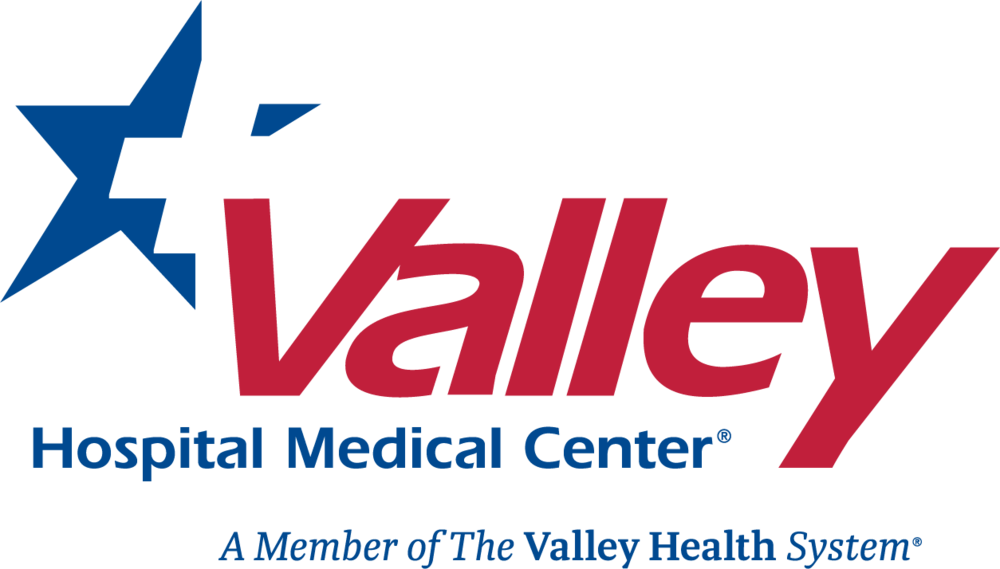The Stroke Center at Valley Hospital
The Stroke Center at Valley Hospital can help patients address a number of physical, emotional and lifestyle issues and is certified as a Comprehensive Stroke Center (CSC) by DNV. This certification reflects the highest level of expertise for the treatment of serious stroke events. A certified CSC can treat patients who require intensive medical and surgical care, specialized tests or interventional therapies.
The Stroke Response Team is immediately deployed to evaluate and treat stroke emergencies. The team-based approach enables us to provide streamlined treatment and services that can help improve patient outcomes. Your team may include emergency physicians and nurses, neurologists, neurosurgeons, radiologists, registered nurses, physical therapists, speech therapists and case managers.
Within hours of your initial diagnosis, you’ll be given a designated stroke care plan to help ensure that you receive the medical attention you need for the best possible outcome. When you are ready for discharge, our case managers will help arrange for any rehabilitation services you may need to help you continue your journey to recovery.
What is a stroke?
A stroke is what occurs when blood flow to the brain is blocked or stopped. Within a few minutes of a stroke, brain cells begin to die. According to the American Heart Association, stroke is the third leading cause of death in the US and can lead to long-term disability. Problems that can arise include weakness in an arm or leg after a small stroke to paralysis and loss of speech in larger strokes.
It's so important for someone who's having a stroke to get medical attention as quickly as possible. Nearly 800,000 Americans have a stroke each year, according to the Centers for Disease Control and Prevention.
Types of stroke and stroke symptoms
There are two kinds of stroke: ischemic and hemorrhagic. In ischemic stroke, the most common type, a blood clot blocks a blood vessel in the brain. In hemorrhagic stroke, a blood vessel breaks and bleeds into the brain. Symptoms of a possible stroke include:
- Numbness or weakness of the face, arm or leg, especially one side of the body
- Difficulty speaking or understanding
- Trouble seeing in one or both eyes
- Trouble walking, dizziness, loss of balance or coordination
- Severe headache with no known cause
Act FAST
If you or someone you're with has these symptoms, call 911 immediately. Staff in an emergency department will administer acute stroke medications to try to stop a stroke while it is happening. Ischemic stroke, the most common type of stroke, is treated with the 'clot-busting' drug known as tPA. The drug must be given to patients within three- to four-and-a-half hours after the onset of stroke symptoms, and preferably sooner.
Use the acronym FAST to quickly identify possible strokes:
Smile. Does one side of the face droop? Can you see the same number of teeth on each side of the face?
Hold up both arms for 10 seconds. Does one drift downward?
Repeat a simple sentence. Is the speech slurred or strange? Can you understand another person?
If these signs are present, every second counts. Call 911 immediately.
Preventing stroke
The best way to keep your brain healthy is to avoid a stroke in the first place. Some ways to help prevent stroke are to do the following:
- Keep your blood pressure controlled through lifestyle changes and/or medication
- Don't smoke – or stop smoking
- Take steps to manage your cholesterol
- Limit alcohol consumption
- Exercise regularly
- Maintain a healthy weight
Find a physician
If you need a referral at Valley Hospital, call the free referral service at 800-879-0980, or search for a doctor online.
